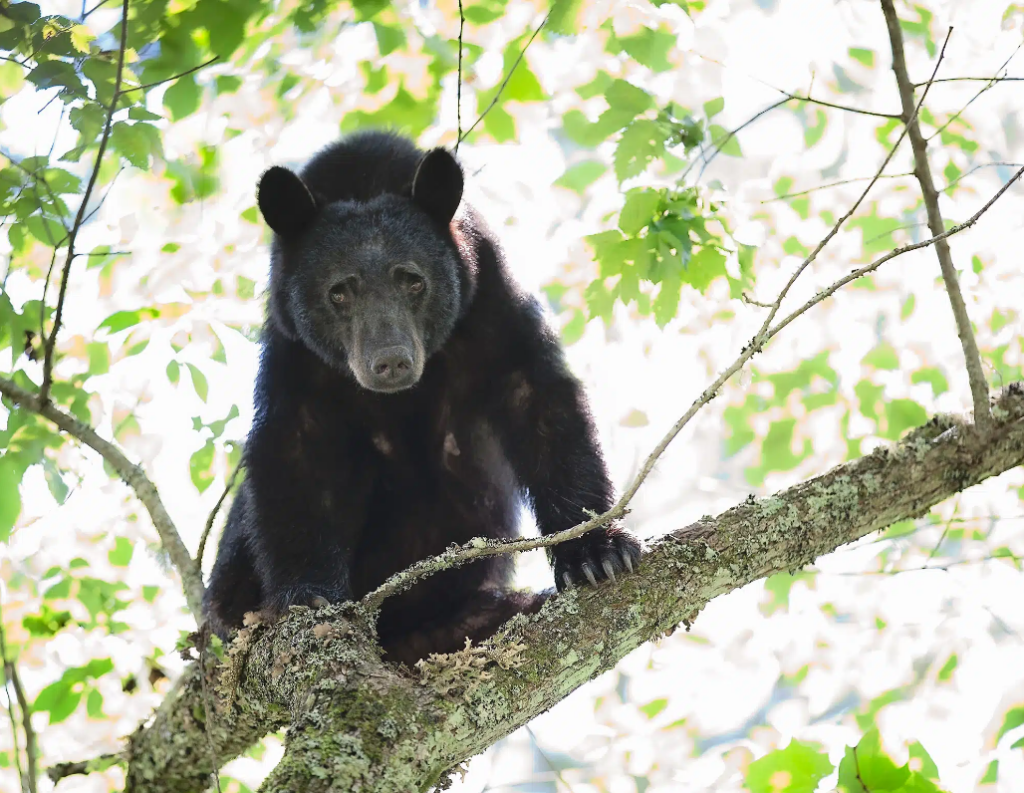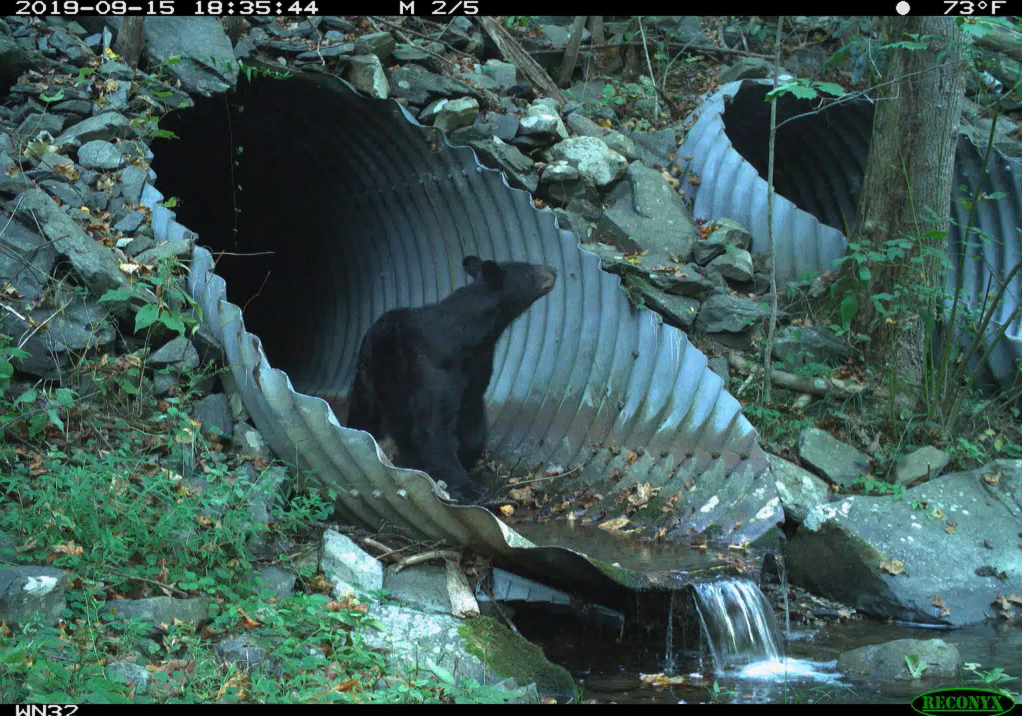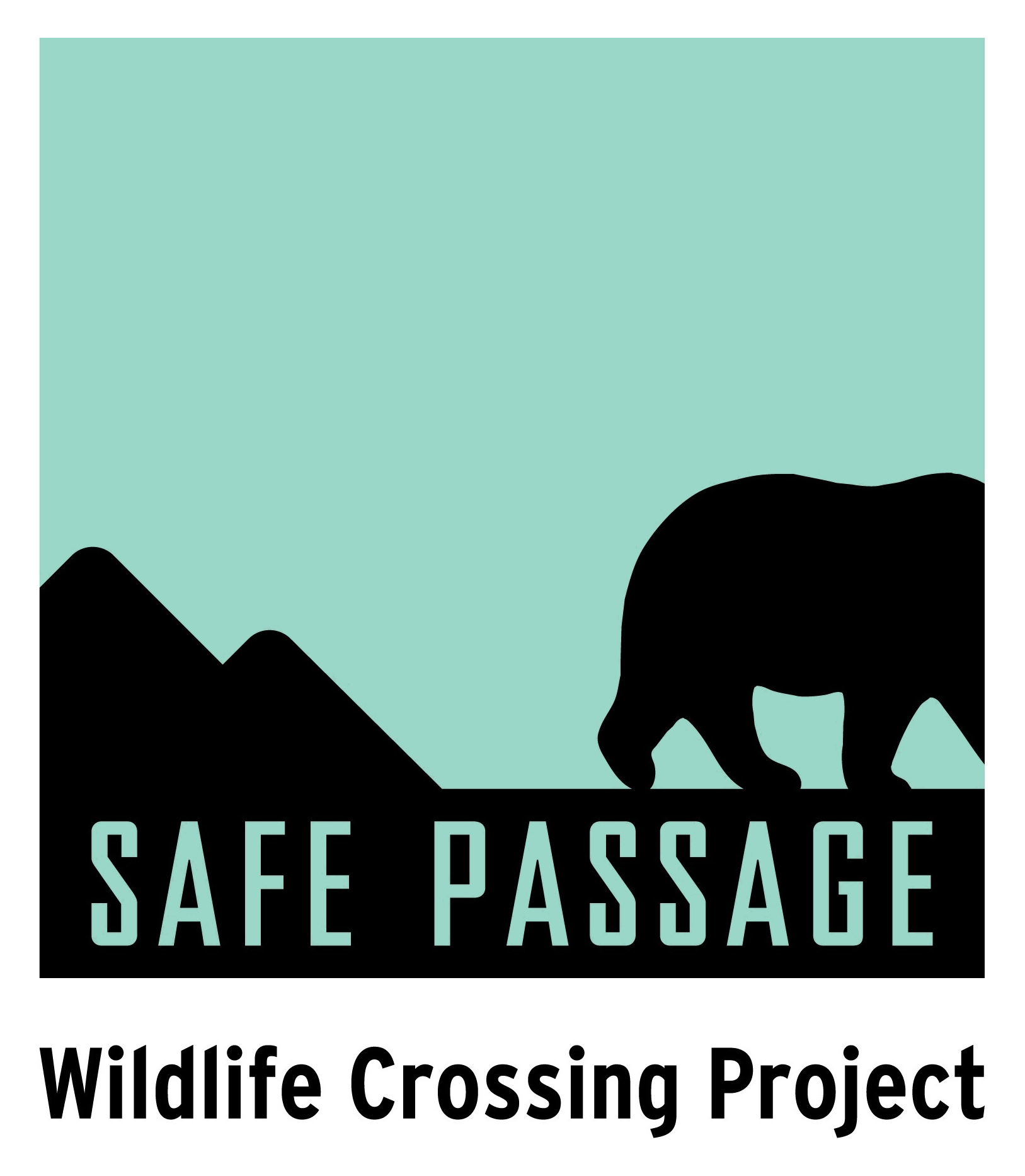By Holly Kays

Extensive efforts to add highway wildlife crossings near the Smokies aim to protect animals and people
Editor’s Note: This story was published in the October issue of Blue Ridge Outdoors before Hurricane Helene devastated portions of western North Carolina and surrounding areas. Due to extensive flood damage on Interstates 40 and 26, the Safe Passage Fund Coalition is adapting its ongoing work to include assessing the affects of the storm to recently installed crossing improvements and working to collaborate with environmental and government partners to prioritize animal and human safety as these highways are being repaired and rebuilt.
By 10 p.m., interstate 40 was dark and deserted as North Carolina State Representative Sarah Crawford and her husband Dan cruised east past Morganton, N.C. They were eager to reach their hotel for some rest between the wedding they’d just attended and the comedy show and baseball game planned for the next day.
Then the car stopped “like we had hit a brick wall,” said Sarah Crawford, a Wake County representative in the North Carolina General Assembly.
In fact, they’d hit a 200-pound bear. Every air bag deployed, the front fender crumpled, and the car was left motionless in the dark—on a road where most people drive 70 miles per hour or more. Though the couple managed to escape mostly unscathed, the car was totaled, and the bear was dead.
It was a “pretty scary incident” that sent Crawford “down a rabbit hole” searching for information about how to make roads safer for both human travelers and native wildlife. That journey led her directly to the Safe Passage coalition, a group of people and organizations that has been working since 2017 to make wildlife crossings safer not only in its focus area of the Pigeon River Gorge, but also in hotspots across North Carolina and Tennessee.
“We at Safe Passage often use the tagline, ‘what’s good for wildlife is good for people,’” said Tim Gestwicki, the coalition’s steering committee chair and CEO of the North Carolina Wildlife Federation. “And clearly, if they run into a large animal, the danger is there for people too. So it’s a perfect nexus of people and wildlife safety.”

Over the years, Safe Passage has become an increasingly organized collaborative of dedicated partners involved in everything from transportation planning to educational outreach and lobbying efforts—work that is predicated on foundational research it conducted starting in 2018. Coalition partners Wildlands Network and National Parks Conservation Association hired researchers Liz Hillard and Steve Goodman to tackle the project, and the pair placed 120 cameras along the 28-mile Pigeon River Gorge corridor. This stretch of Interstate 40 straddles the North Carolina-Tennessee line, bisecting a rugged landscape that falls mostly within either the Pisgah National Forest, Cherokee National Forest, or Great Smoky Mountains National Park.
View the full Blue Ridge Outdoors feature here.
